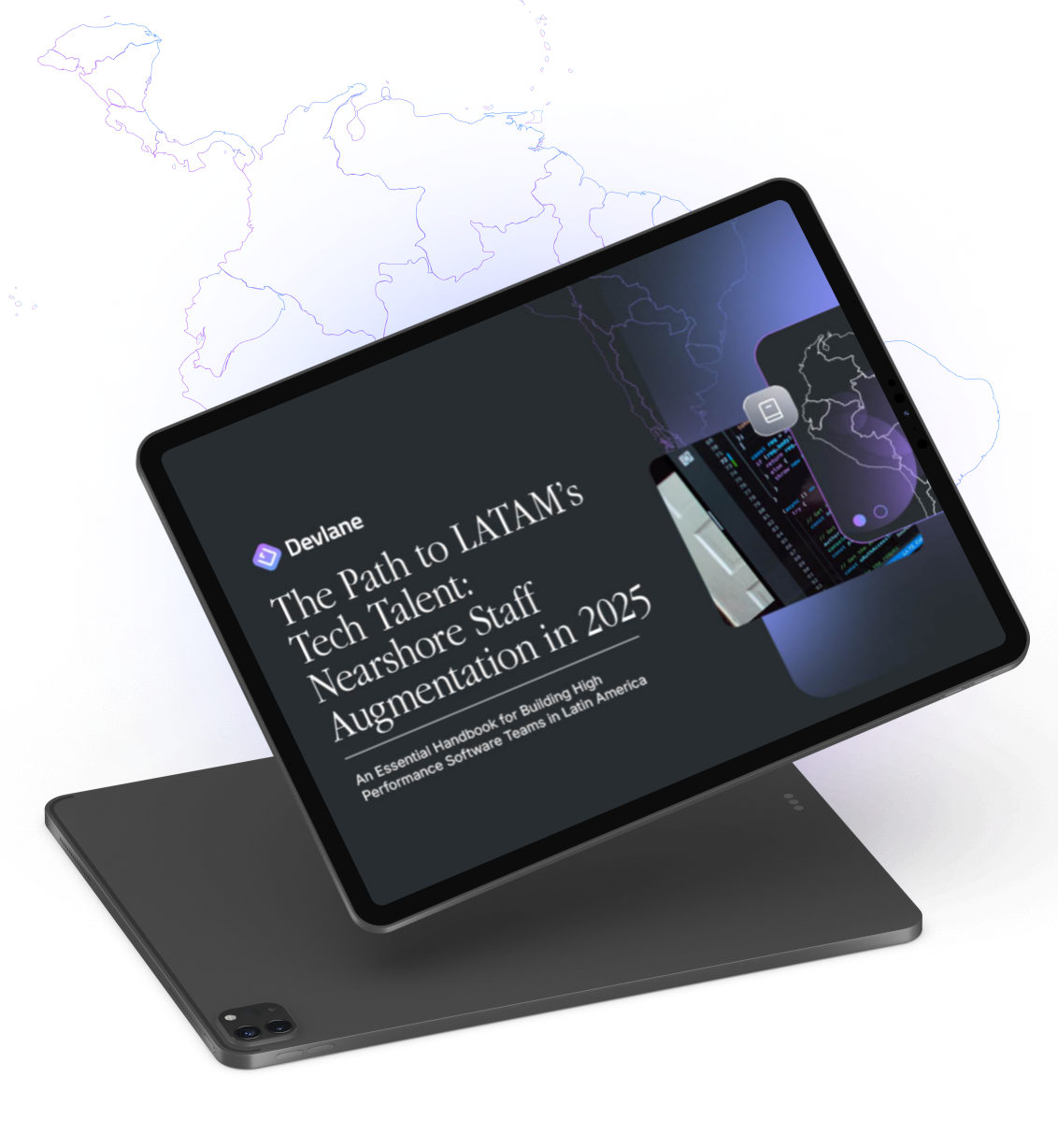In the fast-moving world of software development, quality assurance (QA) has undergone a remarkable transformation. What once was a manual and time-consuming process has now become an agile, automated practice. Test automation is driving this change, helping teams deliver high-quality software faster and with greater reliability. Let’s explore how test automation is reshaping QA, from current trends to groundbreaking innovations, and what the latest tools have to offer.
Current Trends in QA
Shift-Left Testing: This approach involves integrating testing early in the development process. By identifying and addressing defects sooner, teams can cut costs and enhance product quality. It emphasizes early collaboration between developers and testers, setting the stage for a smoother development journey.
AI and Machine Learning: Artificial Intelligence and Machine Learning are revolutionizing QA by offering predictive analytics, automated test case creation, and anomaly detection. These technologies analyze extensive data to spot patterns and foresee potential issues, allowing teams to focus on what really matters.
Continuous Testing: Part of the Continuous Integration/Continuous Deployment (CI/CD) pipeline, continuous testing ensures that automated tests run at every development stage. This trend provides real-time feedback, maintaining high standards in agile and DevOps environments.
Test Automation Frameworks: Modern frameworks like Selenium, Appium, and Cypress simplify the testing process. They offer comprehensive features for automating web and mobile apps, boosting test coverage and reliability.
Innovations in QA
Self-Healing Test Scripts: These innovative scripts adapt to changes in the application, reducing maintenance efforts. They are especially useful in dynamic environments where frequent updates are the norm.
Smart Test Execution: AI-powered smart test execution prioritizes tests based on risk and impact. This ensures that the most critical issues are identified and addressed first, optimizing testing efforts.
Hyperautomation: Combining multiple automation technologies—AI, ML, Robotic Process Automation (RPA), and more—hyperautomation creates a robust automation strategy that enhances testing capabilities.
Blockchain Testing: As blockchain technology gains traction, specialized testing practices have emerged. Blockchain testing ensures the security and reliability of blockchain applications, focusing on smart contracts and data integrity.
Latest Tools for QA
Cypress: Known for its speed and ease of use, Cypress is a modern end-to-end testing framework for web applications. It offers real-time reloading and comprehensive documentation, making it a go-to choice for many teams.
Playwright: Developed by Microsoft, Playwright is an open-source framework that supports multiple browsers. It features auto-wait, screenshot capturing, and video recording, providing powerful tools for web automation.
Katalon Studio: Katalon Studio offers a versatile test automation solution for web, API, mobile, and desktop applications. Its user-friendly, codeless interface and advanced scripting capabilities cater to both beginners and seasoned testers.
Testim: Leveraging AI, Testim creates and maintains automated tests with a smart locator strategy. It also offers visual validation and parallel test execution, enhancing test coverage and efficiency.
Looking Ahead
The landscape of test automation in QA is continually evolving, driven by trends like shift-left testing, AI integration, and continuous testing. Innovations such as self-healing scripts, smart execution, and hyperautomation are pushing the boundaries of what’s possible. With powerful tools like Cypress, Playwright, Katalon Studio, and Testim, QA teams are better equipped to tackle the challenges of modern software development.
As technology advances, staying updated with these trends and tools is crucial for delivering robust, high-quality applications. Embracing these innovations will help QA professionals keep pace with the ever-changing demands of the software industry.




